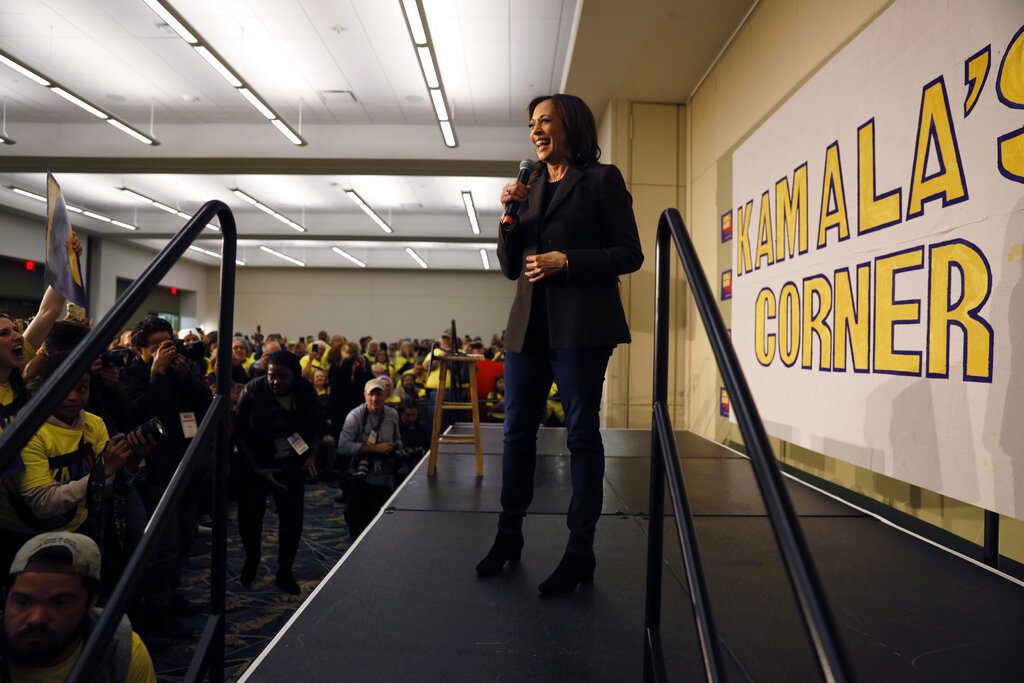
(AP Photo/Charlie Neibergall)
Harris has vowed to provide significant federal funding to support rural communities across the United States, expand small business financing for entrepreneurs in rural America, and invest in rural technical and higher education programs.
With the presidential election less than two months away, Democratic nominee Vice President Kamala Harris has detailed her plans for rural America in a new, two-page document.
In the outline, the Harris-Walz campaign vows to invest significant federal funding into rural communities across the United States, and warns that former president Trump’s policies “will leave rural America behind.”
The campaign promises to expand programs to help rural communities better access this funding, and expand small-business financing and other federal aid. The Democratic ticket plans to re-capitalize and expand the Treasury Department’s State Small Business Credit Initiative (SSBCI), which prioritizes entrepreneurs and small business owners in rural America, middle America, and underserved communities. The ticket also wants to invest in rural technical and higher education programs, and also connect small businesses with rural high schools.
A Harris-Walz administration further plans to ensure that more funding goes toward the Rural Partners Network (RPN), which was launched by the Biden-Harris administration; this network aims to expand rural prosperity through job creation, infrastructure development, and community improvement. The RPN specifically helps rural communities access federal funds and opportunities, and helps local leaders navigate federal programs.
Harris also announced earlier this month that if elected, her administration will work to ensure that contract opportunities to provide goods and services to the federal government—which have historically gone to the largest businesses—will be expanded to smaller businesses, like those that exist in rural communities.
She also recently announced that if elected, she will give the Federal Trade Commission more authority to prevent consolidation in the food industry, which can hurt farmers, workers, and consumers.
The document, which was first reported on by Politico, also seeks to highlight the ties the vice president and her running mate have with rural and small town voters, as both come from “large agricultural states,” — California and Nebraska. Walz even spent summers working on his family’s farm in his youth.
“Vice President Harris and Governor Walz know that rural America is the foundation of our country—from the family farms that feed our country to the towns that support small businesses,” the document reads. “They know that rural communities are essential to the success and character of our nation. They are fighting for a future where everyone— in rural America and beyond—has the opportunity not just to get by, but to get ahead.”
On the other hand, the document argues Trump “enabled corporate meatpackers and agribusinesses to run family farms out of business” and allowed “Big Ag” corporations to receive more support than family farms during his term as president. The outline also points out that Trump tried to cut funding for housing and food programs that rural communities rely on.
The document released last week also highlights the fact that Gov. Walz represented a rural district in Congress, where he helped draft and pass the 2008, 2014, and 2018 Farm Bills, a major source of federal investment in rural America.
“I came to Congress to write farm bills. I came to get policy right,” Walz said during a House Agriculture Committee meeting in 2018.
Additionally, Walz expanded veterans’ access to crop insurance, job training, and farm education while in Congress. He also enacted legislation to improve veteran health care.
Vice President Harris has also helped expand health care and disability benefits for over 4.4 million veterans in rural areas through the passage of the PACT Act, which President Biden signed in 2022. The legislation specifically applies to veterans who were exposed to toxins such as burn pits and Agent Orange during their service.
The document also notes the work the Biden-Harris administration has done to help rural communities.
For example, the administration has expanded access to naloxone, which reverses opioid overdoses. According to the Office of the Assistant Secretary for Planning and Evaluation, the opioid overdose rate in rural communities is 45% higher than in cities per capita, so although the opioid epidemic affects all states, it’s a particular issue in rural areas.
The Biden-Harris administration has also helped to increase funding for rural hospitals and bring care closer to residents.
These investments have come at a crucial time, as more than 100 rural hospitals closed nationwide between 2013 and 2020 alone, and according to the US Government Accountability Office, rural residents have had to travel about 20 miles farther for common services, such as inpatient care, and about 40 miles farther for less common services, such as alcohol and drug use treatment, since then.
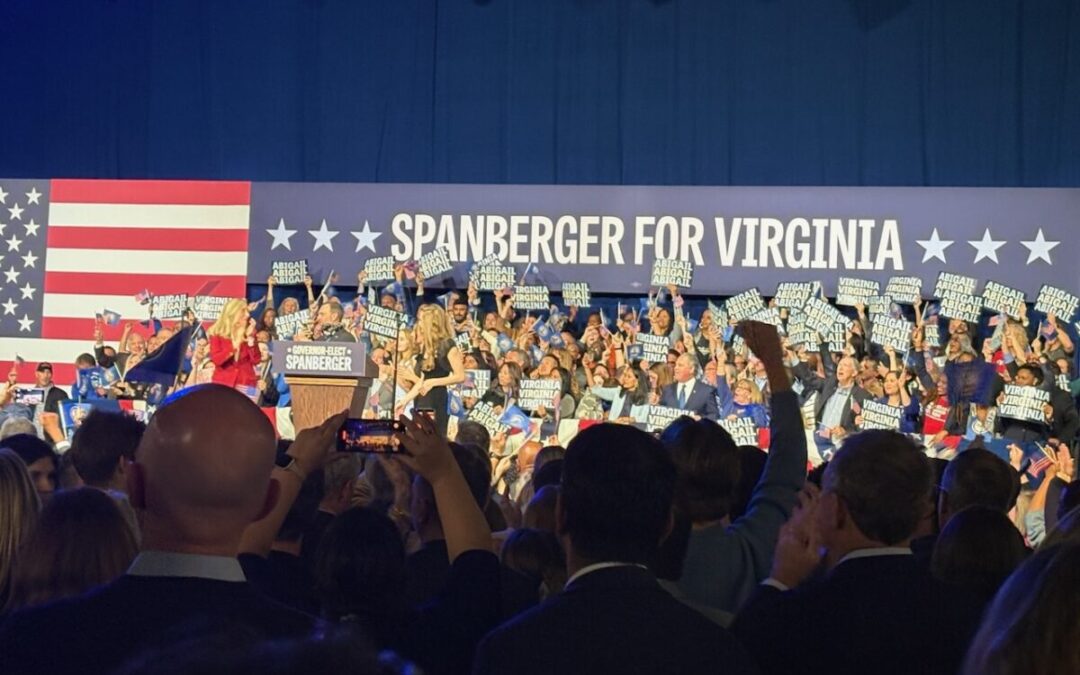
Commentary: A blow to Trumpism as Democrats soar in Virginia
Democrats in Virginia and elsewhere won with the message they would fight back against the excesses of the Trump administration and make voters’...
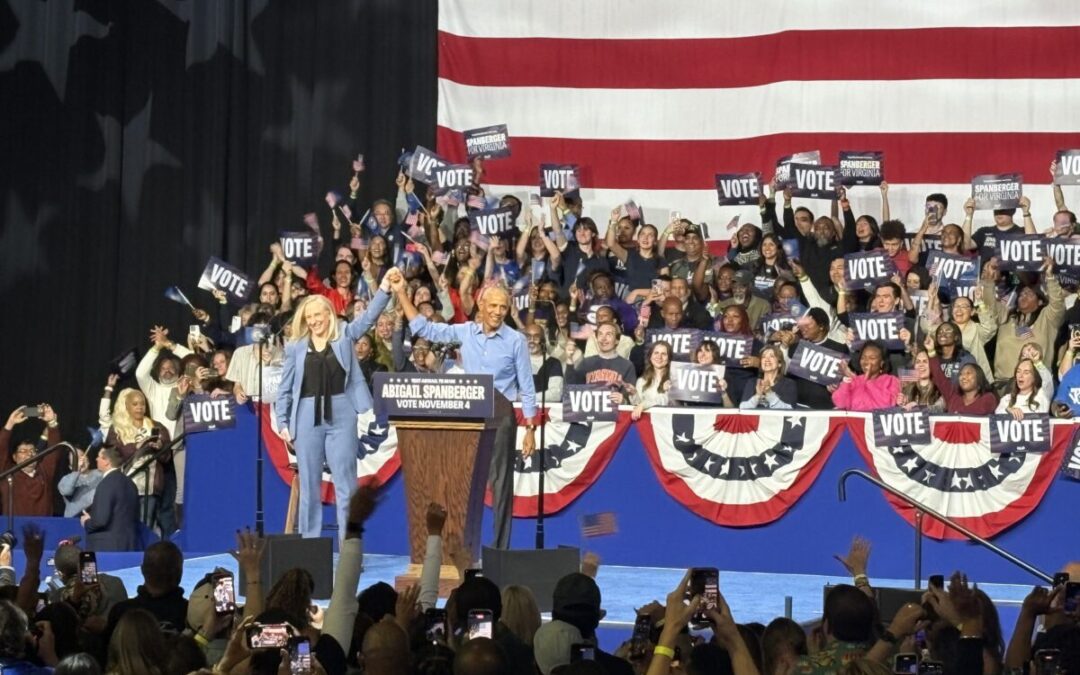
Obama rallies with Spanberger in Norfolk
The campaign for Abigail Spanberger said 7,000 people attended a rally where Democrats criticized Republicans for worsening inequality and eroding...
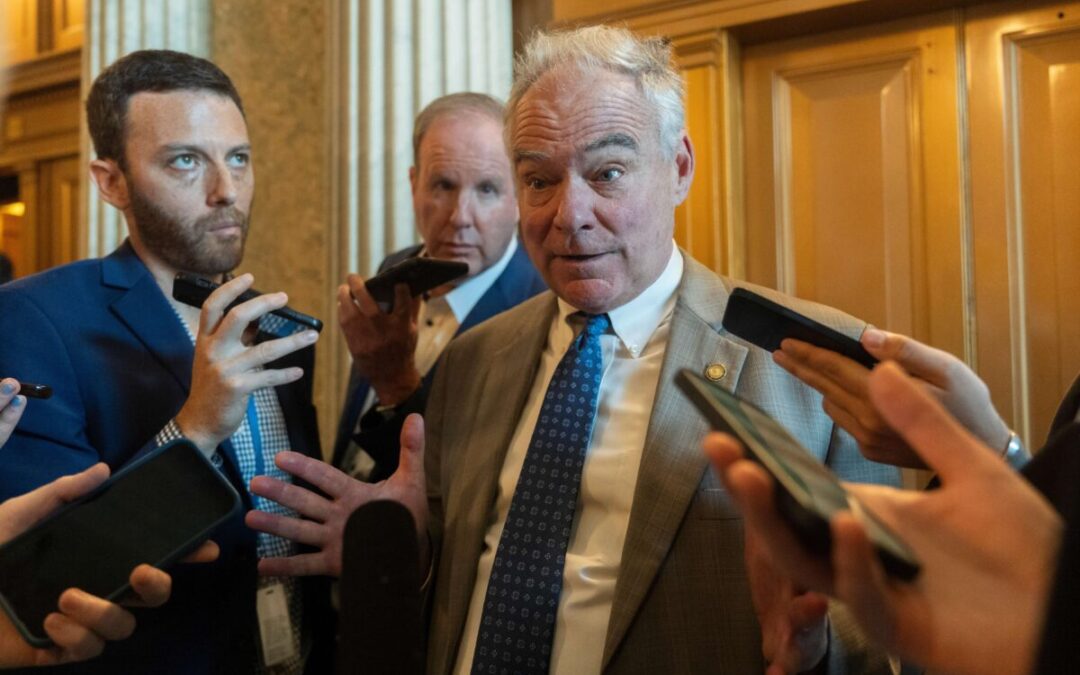
Virginia Dems rush to support federal workers during government shutdown
Virginia’s economy was already under pressure from the Trump administration’s cuts to federal funding and a sluggish labor market. The uncertainty...
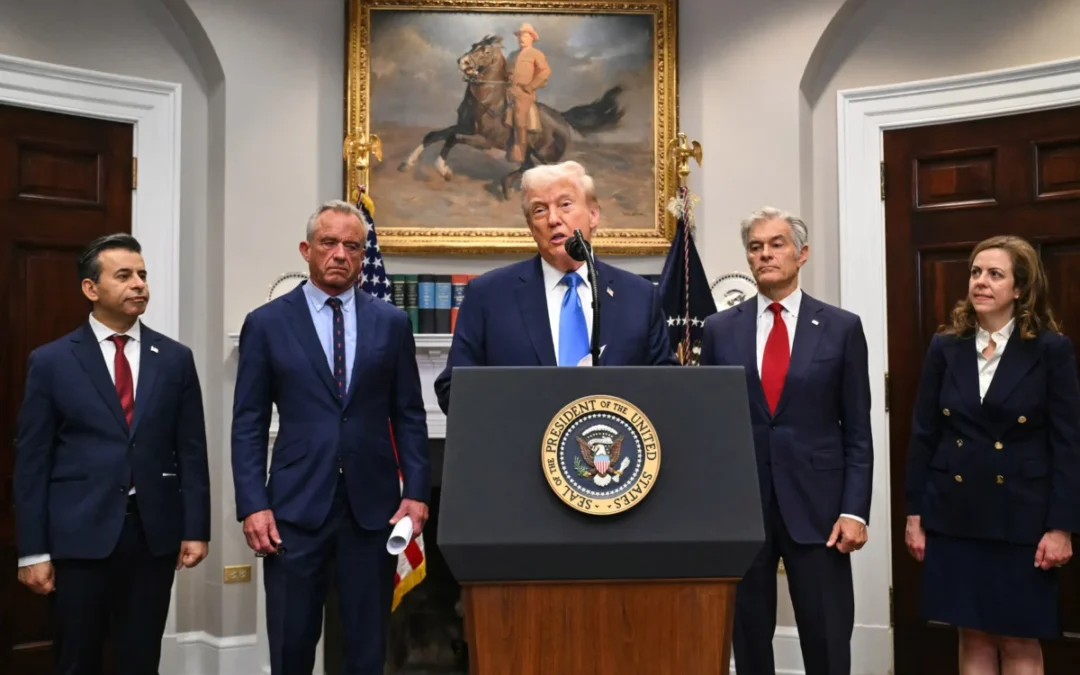
‘Sick to my stomach’: Trump distorts facts on autism, tylenol, and vaccines, scientists say
By Amy Maxmen Originally published September 22, 2025 Ann Bauer, a researcher who studies Tylenol and autism, felt queasy with anxiety in the weeks...

Conservative activist Charlie Kirk dies after being shot at Utah college event
OREM, Utah (AP) — Charlie Kirk, a conservative activist and close ally of President Donald Trump, was shot and killed Wednesday at a Utah college...

‘Everybody’s getting something, except us’: VA debate over AI heats up in the Commonwealth
With more than 675,000 veterans in Virginia, lawmakers face pressure to show that new technology can solve the VA’s chronic delays—without...




